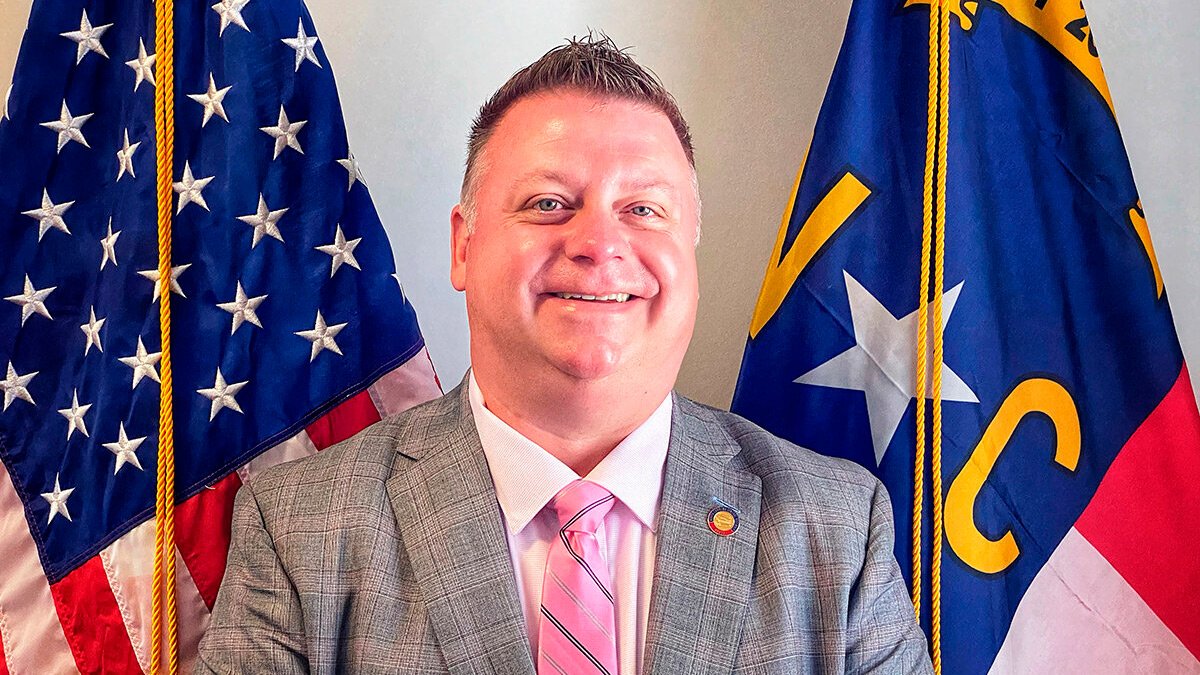Sports betting legalization will see a new push in the upcoming North Carolina legislative session. After a bill to legalize mobile sports gaming narrowly failed last year, one of its leading proponents said Monday the issue is “ready for primetime,” and that it could be addressed again once this year’s session starts this month.
“More people are more familiar with it, and they’re also more familiar with the fact that we’re still losing money to other states. So, I think that’s something that will resonate,” said Rep. Jason Saine, as reported by WNCN. “I think we’re in a different place. We were so close last year.”
The proposal to legalize online sports wagering dramatically failed by a single vote at the state House of Representatives. The plan called for regulated betting on professional, collegiate, amateur and electronic sporting events.
Saine told the cited source he plans to file a bill this year that is “substantially” similar to the one lawmakers considered last year. According to his latest remarks, some legislators who previously voted no on the legislation are now willing to vote in favor of it this time around.
Rep. Jason Saine
“We spent a long time last session, really over the course of two years, working with all the stakeholders trying to get the changes in and getting an agreement,” Saine told WNCN. “I think this is something that’s ready for primetime, really just shortly after we get into session.”
Lawmakers who voted against the proposal last year cited common arguments such as a proliferation of gambling in the state, and whether there are adequate protections to prevent underage betting. Others cited concerns about allowing the use of credit cards for gaming, widespread advertising and potential corruption in college sporting events.
In particular, opposition to betting on college sports led a group of lawmakers to successfully remove gambling on these events during a debate on the House floor last year. But the amount of revenue legalization would generate was also a source of heated debate: a non-partisan analysis of an early version of the legislation estimated somewhere from $8 million to $24 million; while bill sponsors estimated a figure closer to $50 million based on other analyses.
“I think it’s a false narrative to say that this is a better thing for the state and that it’s necessarily inevitable,” Rep. Pricey Harrison told the cited source, in regard to claims sports betting legalization would be a great source of revenue for the state. Harrison and Rep. Marica Morey proposed allowing betting in-person at the state’s professional sports venues, and only allowing betting on professional games.
However, Saine is of the opinion that betting on collegiate sports betting needs to be part of the legislation. “If you just don’t want the money, and you want to cede that to Virginia and other states, then take it out. Bottom line is if you’re going to do it you might as well make sure that it’s profitable for the state,” he stated, as reported by WNCN.

This year, the legislative session will begin with roughly a quarter of the members being new to the General Assembly. Lawmakers such as Harrison believe this could have a significant impact on the outcome of the issue this time around, as some of the “old guard” members that were anti-gambling are now gone, replaced by younger members.
Advocates for the gaming expansion include the state’s three major league franchises – NFL’s Carolina Panthers, NBA’s Charlotte Hornets and NHL’s Carolina Hurricanes – and the Charlotte Motor Speedway. Last year’s proposal would have permitted sports facilities to open sports lounges, allowing them to tap into a new lucrative revenue stream.
The proposed legislation would have allowed for at least 10 and up to 12 online wagering operators to be licensed to provide gaming both via computers and mobile devices. Operators would have had to pay a 15% on gross wagering revenue minus winnings paid out plus promotional credits and federal excise. The deduction for promotions and credit would have been phased out in five years.
While the Tar Heel State already has retail sports betting options in place at its three tribal casinos, mobile gaming is a more lucrative market that gambling proponents are not willing to give up on legalizing. Currently, more than 20 states have legalized online sports wagering, including neighboring Virginia and Tennessee.

















